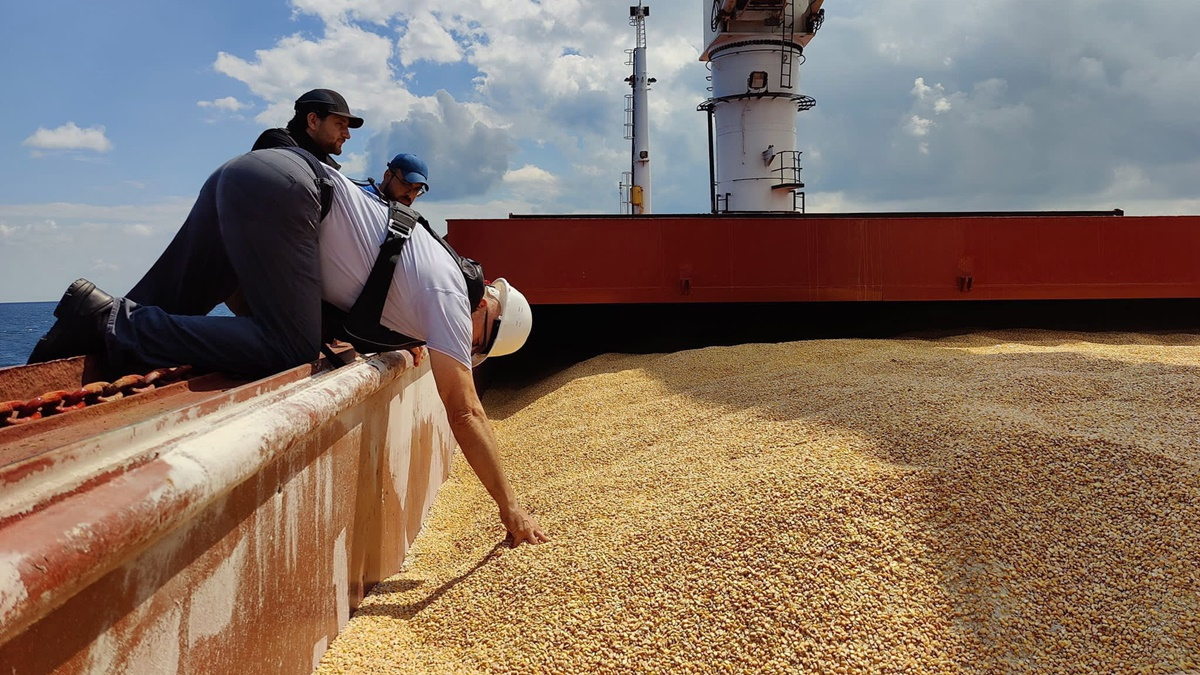Last year, the Russian naval blockade of Ukrainian grain shipments sent global wheat prices soaring by 60 percent in three months, which sparked fears of a food crisis in Africa and Asia. Now that the grain supply routes have been reopened, new problems are arising, with Central European grain producers threatened by the influx of Ukrainian grain.
With the situation returning to normal, the volume of shipments to Hungary and other EU member states neighboring Ukraine has increased sharply, causing a serious market disruption.
The fundamental problem is that international grain traders are now shipping Ukrainian instead of EU-produced grain not only to markets outside the EU, but also to markets within the EU.
“The significant volume of imports into the EU from Ukraine, by sea and land, is pushing down producer prices, despite high input costs, and their continued presence would cause serious problems for Europe’s cereal and oil-seed producing countries. In order to prevent these negative developments, it is necessary to review the current market conditions and to take appropriate EU measures,” said Hungarian Agriculture Minister István Nagy.
The situation is so worrying that ministers from the countries concerned — Hungary, Poland, the Czech Republic, Romania, and Bulgaria — have held an emergency meeting to discuss the fall in demand for the goods of domestic producers.
Hungary’s agricultural minister said that the EU measures to help Ukrainian cereals gain access to the world market would be respected, but that it is their duty to preserve the EU’s internal market balance while protecting the interests of domestic and European farmers. For this reason, the agriculture ministers agreed to call on the European Commission to take measures to stabilize the internal market at the January meeting in Brussels of the Agriculture Council.
As Remix News reported yesterday, there are also concerns about the quality of Ukrainian grain being shipped into Europe, with some Polish officials claiming that Ukrainian grain sprayed with illegal pesticides is being shipped to the country while high-quality Polish wheat is being shipped out.






